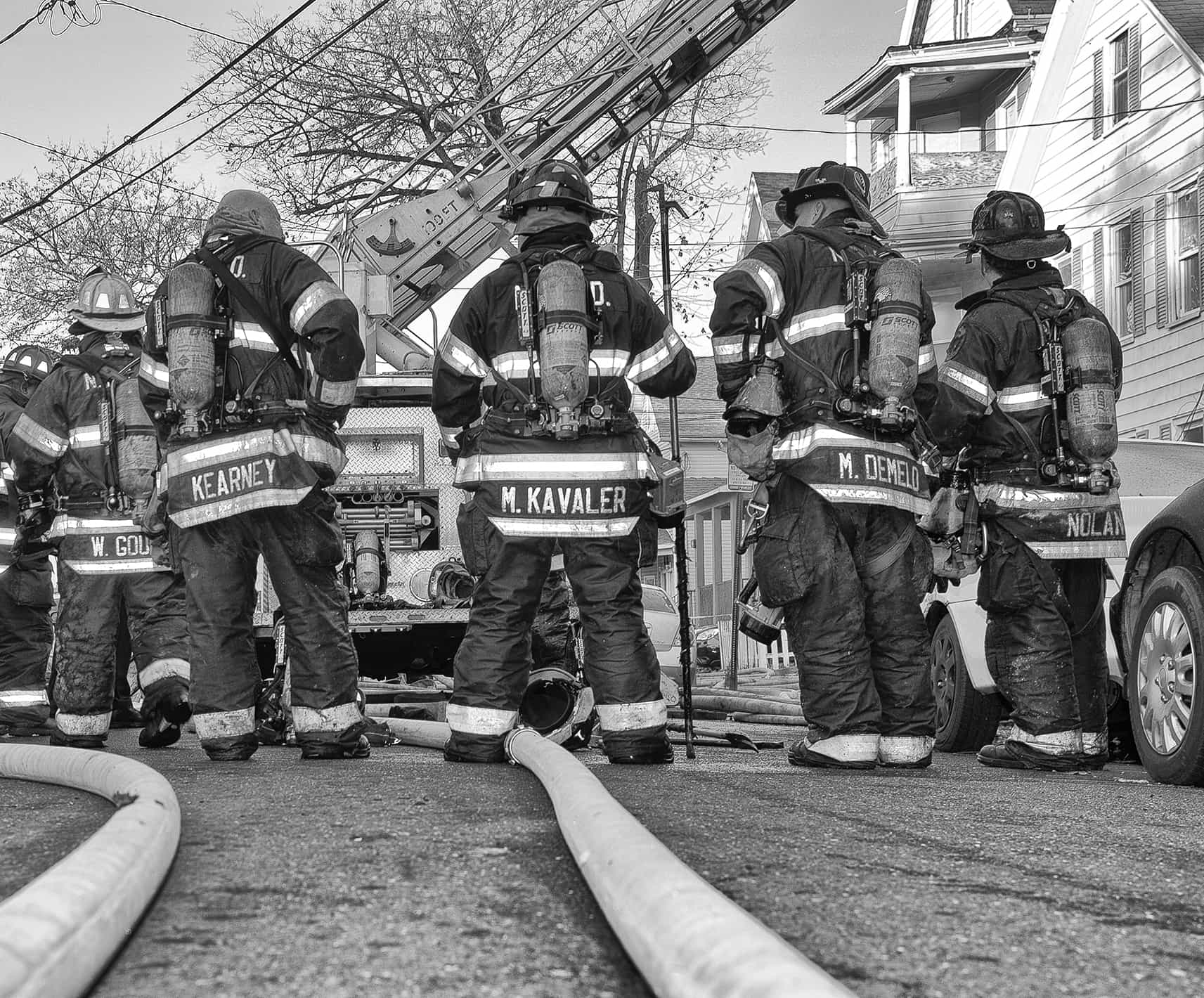Get the help you need right now 855-900-8437 Get Help Now
Get the help you need right now 855-900-8437 Get Help Now
July 26, 2017
IAFF members are all-hazards responders, and that includes traumatic incidents that can lead to behavioral health issues if left unaddressed.
Any veteran fire fighter will tell you that firefighting isn’t about just putting out fires. Today, fire fighters are expected to respond to all types of emergencies, from the everyday motor vehicle accident and emergency medical response, to the increasingly frequent natural and man-made disasters, active shooter responses, and even terrorist incidents. As a result, fire fighters are exposed to an array of human suffering and death paralleled by few other occupations.
Fire fighters and paramedics also risk exposure to a variety of other hazards during the course of their jobs, and these exposures can become a significant source of stress. While fighting a fire or in the fire station, uniformed personnel can be exposed to high levels of hazardous chemicals, including known and suspected human carcinogens. Additionally, those on the job interact regularly with individuals who have been exposed to or are infected with contagious diseases, such as hepatitis B, tuberculosis, viral meningitis and HIV/AIDS.

Being all-hazard responders creates physiological and psychological stress on fire fighters, which can lead to a range of mental health issues — from insomnia to anxiety and depression, to diagnosed post-traumatic stress disorder (PTSD). However, these stresses do not have to lead to a disabling mental health condition — if they are addressed early and properly.
The IAFF has introduced several initiatives to address fire fighter mental health, including:
As the job has grown more complex and hazardous, the risk for occupational stress has increased. Peer support, education and appropriate treatment are all necessary so that fire fighters and paramedics can take better care of themselves, obtain the treatment they need and continue doing the job they love.